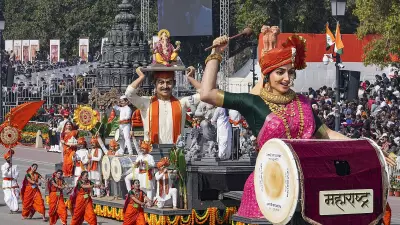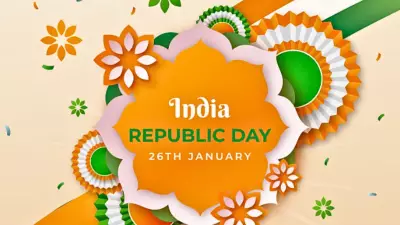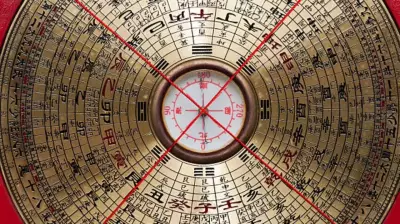
In the rich tapestry of Indian mythology, few characters are as complex and misunderstood as Ravana, the legendary antagonist of the Ramayana. While commonly portrayed as the ultimate villain, a deeper examination reveals a multifaceted personality that defies simple categorization.
The Scholarly Demon King
Contrary to popular belief, Ravana was no ordinary demon. He was an accomplished scholar, well-versed in the Vedas and a master of numerous arts and sciences. His ten heads symbolize not just physical power but immense knowledge and intellectual capacity across various disciplines.
The Devotee of Shiva
One of the most intriguing aspects of Ravana's character is his unwavering devotion to Lord Shiva. He composed the powerful Shiva Tandava Stotram and was granted celestial weapons and boons through his intense penance. This spiritual dimension adds layers to his otherwise villainous portrayal.
The Complex Ruler
As the ruler of Lanka, Ravana presided over what ancient texts describe as a prosperous and advanced kingdom. His administrative capabilities and leadership qualities are often overshadowed by his one fatal flaw – the abduction of Sita.
Regional Interpretations Across India
The perception of Ravana varies significantly across different regions of India:
- North India: Primarily viewed as the embodiment of evil
- South India: More nuanced interpretations acknowledging his scholarly achievements
- Certain communities: Some groups even revere him as a great scholar and ruler
The Modern Relevance
Contemporary scholars and thinkers are increasingly examining Ravana's character as representing the eternal human struggle between wisdom and desire, knowledge and ego. His story serves as a powerful reminder that even the most learned can fall prey to their own weaknesses.
As we celebrate Dussehra and the victory of good over evil, understanding Ravana's complete character helps us appreciate the deeper philosophical messages embedded in our ancient epics. The true lesson may not be about destroying evil, but about recognizing and overcoming the Ravana within ourselves.





